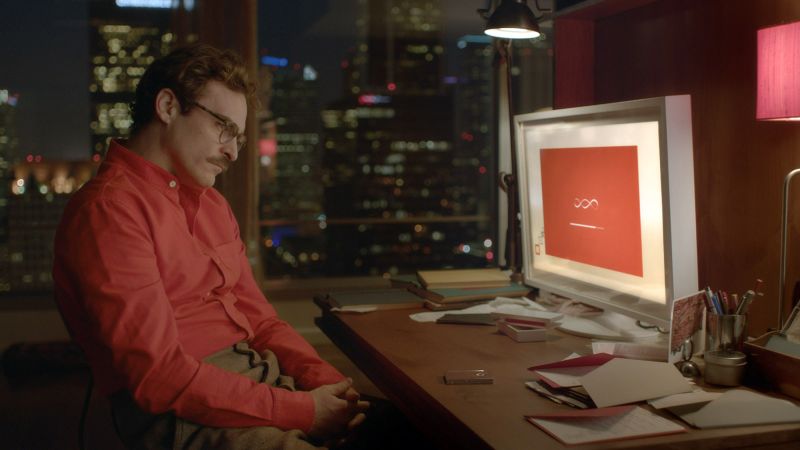The Scarlett Johansson-OpenAI drama involves a request from OpenAI’s CEO, Sam Altman, for Scarlett Johansson to voice the company’s newest ChatGPT model, “Sky,” which she rejected twice. However, before she could respond to a second request, the model was released with a voice similar to Johansson’s. Johansson was shocked and angered by this use of her voice without permission, leading to legal action and apologies from Altman. This incident highlights the ethical concerns surrounding the use of AI technology without consideration for intellectual property rights and safety concerns.
The incident also sheds light on the broader issue of the lack of diversity and representation in the development of AI technology, with the majority of developers coming from a young, white, male cohort. This homogeneous group may inadvertently embed their own biases into AI systems, with potentially harmful consequences. The departure of two prominent employees from OpenAI, including co-founder and chief scientist Ilya Sutskever, reflects concerns over the company’s focus on releasing products over safety and ethical considerations. Altman acknowledged the need for improvement in these areas.
The development and release of AI tools by tech companies raise concerns among artists, academics, and AI pioneers regarding intellectual property rights and safety. The rapid pace at which AI technology is advancing without proper safeguards in place is a cause for anxiety. OpenAI’s handling of the situation with Scarlett Johansson highlights the need for a more responsible approach to AI development, with a focus on ensuring the safety and well-being of both individuals and society as a whole. Altman, as the public face of OpenAI, seeks to convey a sense of responsibility and accountability in the development of AI technology.
The narrative of the movie “Her,” a film in which Scarlett Johansson played a hauntingly complex AI assistant, raises thought-provoking questions about the implications of human-AI relationships. The film explores the idea of whether the ease of companionship with AI can replace or surpass the complexity of human relationships. The AI in the movie ultimately leaves the humans to fend for themselves, highlighting the inadequacy of AI companionship in comparison to human connections. The moral and ethical implications of relying on AI for emotional fulfillment are a central theme of the movie, prompting contemplation on the nature of human emotions and relationships.
The incident involving Scarlett Johansson and OpenAI underscores the need for greater accountability and transparency in the development of AI technology. The legal and ethical implications of using someone’s voice without permission raise concerns about intellectual property rights and privacy. The lack of diversity in the tech industry contributes to biases being embedded into AI systems, highlighting the importance of a more inclusive approach to AI development. As AI technology continues to advance, it is crucial to prioritize ethical considerations and ensure that safety and privacy are paramount in the design and implementation of AI tools.


